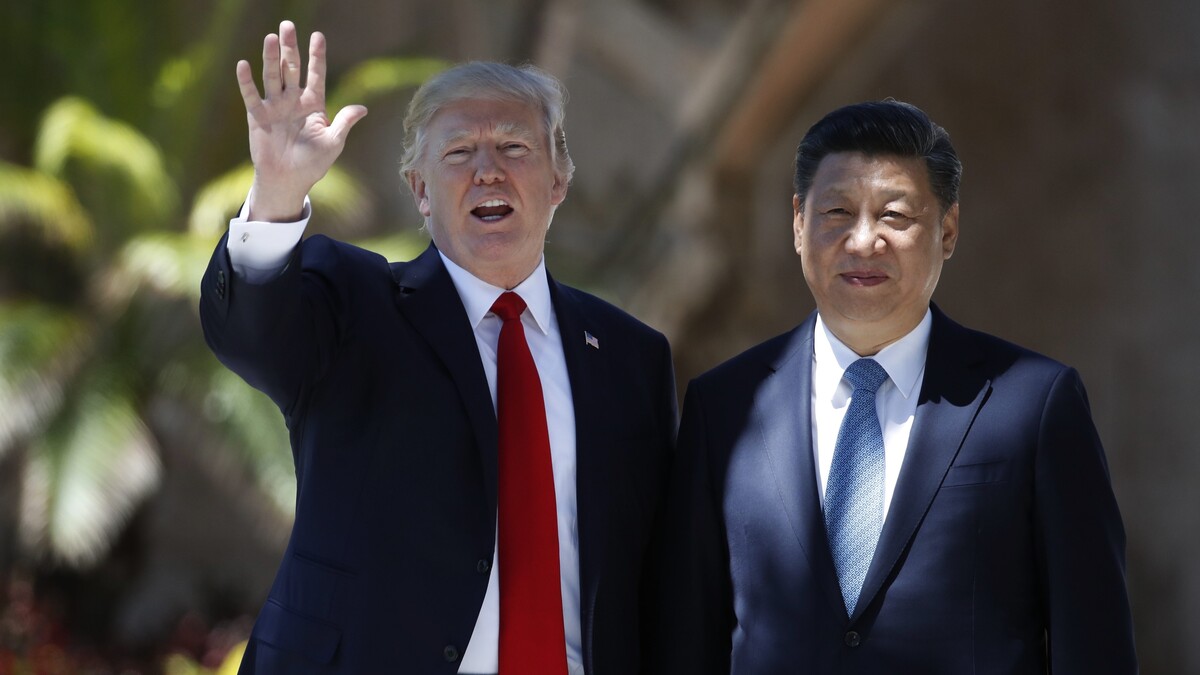Sustainable trade
Six China experts assess how National People's Congress outcomes will affect global trade
Published 12 March 2019 | 8 minutes read
Just under 3,000 of the most powerful officials in China recently gathered in Beijing for the country’s biggest political meeting of the year: the National People’s Congress (NPC). This article reviews the significance of NPC outcomes for global trade.
Nominally China’s highest political institution, the NPC. It takes place annually during spring, and runs in parallel with the Chinese People’s Political Consultative Conference (CPPCC) – a meeting of the country’s top political advisory body. These two meetings are collectively known as the “two sessions” (lianghui).
Top leadership of the country uses the NPC to ratify premade decisions, but nonetheless it marks a key moment in which the Party leadership announces major policy changes and appointment reshuffles for the year ahead. The Hinrich Foundation invited six China trade experts to assess what the NPC outcomes mean for global trade and for China’s engagement with its international counterparts in the future.
Kenneth Jarrett
Senior Advisor, Albright Stonebridge Group
Prior to joining Albright Stonebridge Group, Mr. Jarrett’s 26-year foreign service career included service as the US Consul General in Shanghai, and various postings in Hong Kong, Beijing, Chengdu, and Singapore. His government roles in Washington, DC, included serving as Director of Asian Affairs at the White House National Security Council. Most recently, Mr. Jarrett also spent five years as President of the American Chamber of Commerce in Shanghai.
Andrew B. Schroth
Esq., Partner, GDLSK LLP, Asia
Mr. Schroth manages GDLSK LLP’s Hong Kong office, and has a long-standing career as a trade lawyer. He is a frequent speaker in Asia on trade-related matters as well as US import/export law. He counsels government agencies in China and Vietnam and lectures on issues relevant to US trade and custom laws, and has unique expertise on Sino-US trade relations.
Alicia Garcia Herrero
Chief Economist, APAC, Natixis and Senior Research Fellow, Bruegel
Ms. Herrero holds a PhD in Economics at George Washington University and has published extensively in refereed journals and books. She is also a regular contributor in Bloomberg and CNCB as well as a columnist for Nikkei Asia Review and Brink.
Dr. Tim Summers
Senior Consulting Fellow, Asia- Pacific Programme, Chatham House and Lecturer, Centre for China Studies, CUHK
Dr. Summers was a British diplomat for 13 years, including a posting as Consul General in Chongqing prior to taking his PhD. He had presented at numerous academic and policy research conferences, given evidence to the British parliament’s foreign affairs committee, and had published many commentaries in leading media.
Ben Simpfendorfer
CEO, Silk Road Associates
Before establishing Silk Road Associates, Mr. Simpfendorfer spent over a decade tracking China’s business landscape as Chief China economist for RBS and senior China economist for JPMorgan based in Hong Kong. He is a member of the Foreign Experts Committee, providing policy recommendations to China’s central leadership on the ‘Belt and Road’ initiative under the auspices of SAFEA, and also authored ‘The New Silk Road’ and ‘The Rise of the New East’.
Jean-Pierre Cabestan
Professor, Department of Government and International Studies, Faculty of Social Sciences, Hong Kong Baptist University
Professor Cabestan is Professor and Head, Department of Government and International Studies at Hong Kong Baptist University and Director General of the European Union Academic Programme in Hong Kong. He is also an associate researcher at the Asia Centre at Sciences Po, Paris and at the French Centre for Research on Contemporary China, Hong Kong.
© The Hinrich Foundation. See our website Terms and Conditions for our copyright and reprint policy. All statements of fact and the views, conclusions and recommendations expressed in this publication are the sole responsibility of the author(s).















